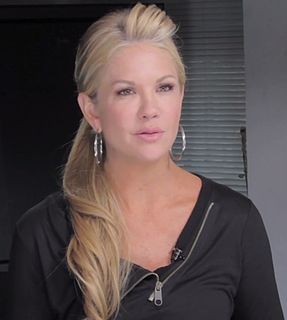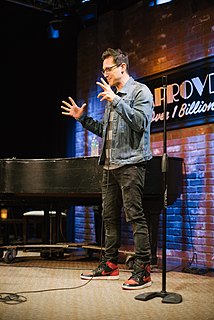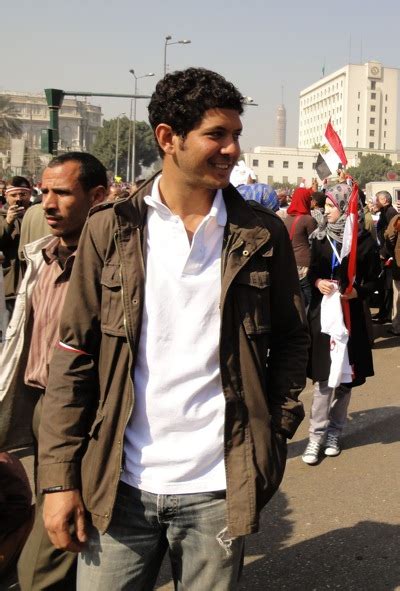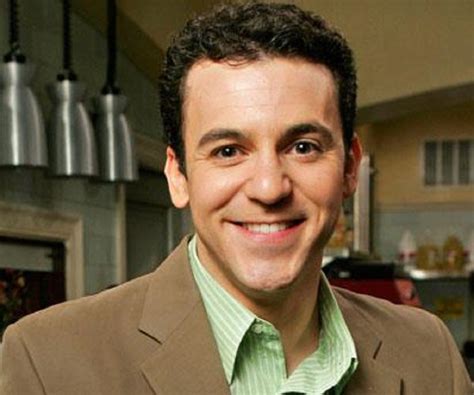A Quote by Chuck Klosterman
A lot of people involved with celebrity journalism have interesting ideas about the people they want to write about going into the interview. Then as soon as they actually sit down with that person, they basically ask the questions they think journalists are supposed to ask, and they start viewing themselves almost as a peer of the subject. Like they're going to become friends. That's why most celebrity journalism is so terrible.
Related Quotes
I feel like a lot of people involved with celebrity journalism have interesting ideas about the people they want to write about going into the interview. Then as soon as they actually sit down with that person, they basically ask the questions they think journalists are supposed to ask, and they start viewing themselves almost as a peer of the subject. Like they're going to become friends. That's why most celebrity journalism is so terrible.
Almost everything I've learned about journalism has been from other friends who are journalists, taking advantage of the money I hope they don't think they threw away at j-school. I studied comparative literature, but the professional vagaries of journalism I've learned through other people's trial and error, and my own.
People are always asking, "Is this person in front of me the same on the inside as he or she appears to be on the outside? Is there congruence between what's within that person and the words and actions I'm viewing and hearing externally?" Children ask that about their parents; students ask it about their teachers; parishioners ask it about their pastors and priests; employees ask it about their bosses; and in a democracy, citizens ask it about their political leaders.
Religion is a valid inquiry; whether society accepts it or rejects it, it doesn't matter. Man is a religious animal and is going to remain that way. Religion is something natural. To ask from where you come is relevant; to ask, 'Who am I?' is going to remain relevant always. But the modern mind has created a climate of atheism so you cannot ask such questions. If you ask, people laugh. If you talk about such things, people feel bored If you start inquiring in these ways, people think you are slipping out of your sanity. Religion is no longer a welcome inquiry.
I always find it kind of more interesting when people ask questions like, "What were you like as a kid?" Or just kind of personal history stuff, like, "What was the lowest point of your life?" Because that would be like, "Huh, well, I'd have to think about that one." And then give an honest answer. I think a lot of people don't want to give honest answers, or they just are in business showbiz mode when they're talking about stuff, so that's probably why a lot of that kind of thing doesn't get asked.
I hated the culture, I hated the work. I very quickly realized that this wasn't what I wanted to do. So, after two years, I took some writing courses - I always loved to write - and I figured the only way I was going to get paid to write was in journalism. I really wasn't very involved politically with anything up until that point. Then I started reading about the second Palestinian Intifada, and I spoke to friends in activist and journalism circles. Then, somehow by complete luck, I ended up at Democracy Now.
I was spurred by the fact that having worked for women's magazines myself as a journalist, if you go off and interview a female celebrity, I'd just go in and interview them like I'd interview any human being and talk about the things that interested me. And you'd come back, and you'd file your copy. And then my editor would read through my copy and go, why haven't you asked them if they want kids? And I'd be like, well, I don't know, I interviewed Aerosmith last week. And I didn't ask them that.


































